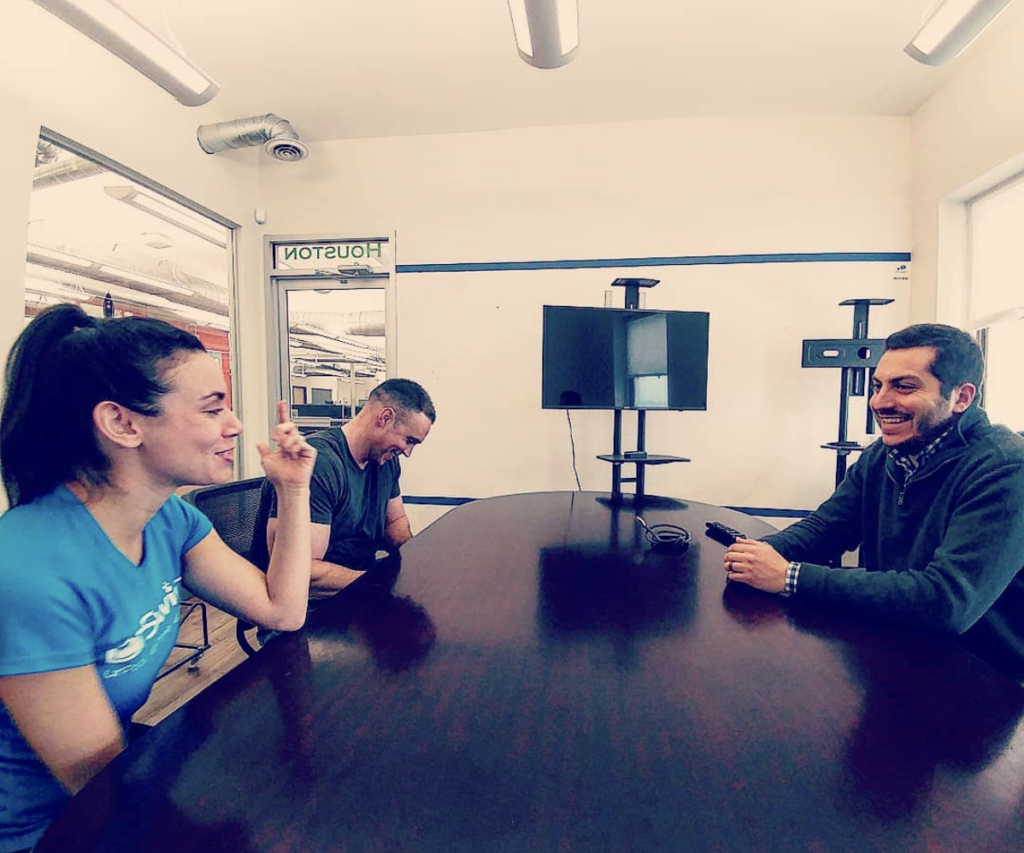An amazing thing happens when you've looked at 5,000 companies over a short time period; you can't help but pattern match. After a very quick evaluation of a startup it becomes second nature to identify whether their business model has a fundamental flaw, whether they're targeting the right customer segment, and most importantly what types of problems these founders will run into.

After speaking with hundreds of early-stage entrepreneurs, I've found that there are two groups that many, but not all, founders will often fall into:
Those that are too focused on the details of their business andThose that are too focused on the big picture
Personally, I prefer to work with an entrepreneur too focused on the details. By details I don't mean the endless pursuit of technological perfection. Detail focused founders are those that think solely in terms of the day to day sales and operations of the business. These are people that love to hustle, thrive in a bootstrapped environment, and that an investor can have confidence will always be generating sales.
The challenge these entrepreneurs face is that they don't know how to scale. They understand the near term problems and know how to put fires out but they struggle to think about long term strategy. Where do I focus my sales efforts and how do I systematize my sales process? When is the right time to raise funding? How do I create a scalable business model? What are the key partnerships I need to increase my capacity?
The second type of entrepreneur has even bigger problems. They live in a world of pure strategic thinking. If business plans had any actually bearing on how a startup operates and grows they could build a unicorn. These are people who have already begun partnership discussions with major organizations before generating even a single dollar of revenue.
In some ways, these founders embody one of the most useful characteristics an entrepreneur can possess, "fake it 'til you make it!" The downside is, their problems tend to be even more critical than the first type of founder because their business is completely theoretical. They're worrying about how to fulfill a purchase order for 1,000,000 units without any sales prospects. These entrepreneurs are much more difficult to motivate because they're acting like a corporate from day 1, not a bootstrapped startup. Convincing these founders that customer discovery is not a waste of time, let alone the top priority, is an uphill battle.
Despite how different these two sets of problems are, their solutions both start with mentors. By mentors I don't mean people who will meet with you once and you'll never hear back from again. I mean people who are genuinely interested in maintaining an on-going relationship with you. These problems can be brainstormed but they cannot be resolved in a single setting. Solving them will require constant experimentation and data analysis before finding the right path forward. Founders need a mentor or group of mentors who are willing to sit down with them every once in a while and advise them on their progress.
The first group of entrepreneurs will benefit from a third party perspective that can pull them out of the weeds of daily operations. The second group could desperately use a kick in the ass to get focused, and get their hands dirty in the early work of a startup. I've been both types of founder throughout my life and the only way I've ever found any sort of clarity was by seeking specific advice from dedicated mentors.
If you find yourself in either group at any time, look for a trusted source who's willing to invest their time, interested in seeing you succeed, and able to give you the radical candor you need to move forward.